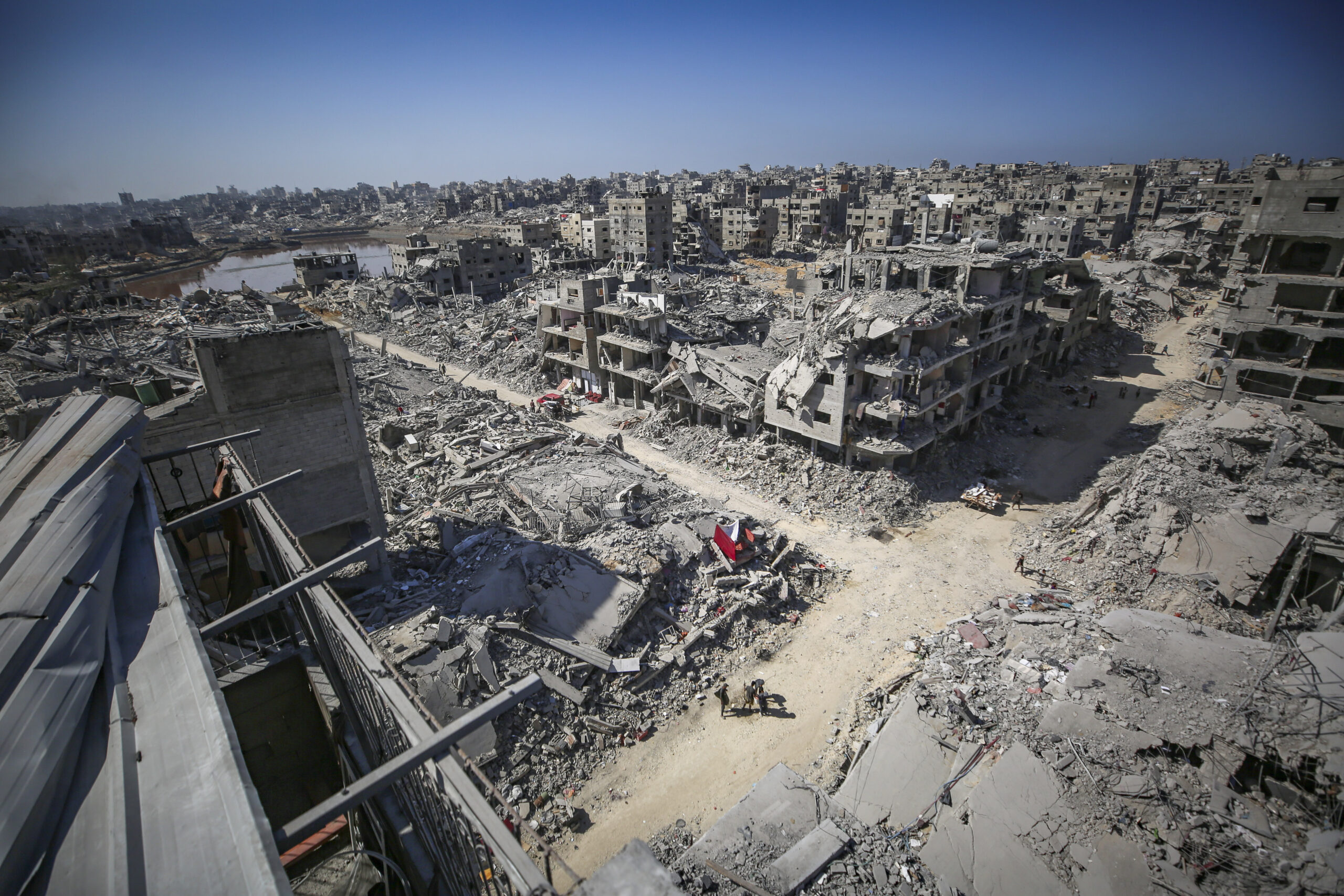On July 12, 1938, Arab gunmen ambushed and murdered Alexander Zaïd on a dirt road between two Jewish settlements in northern Palestine. The killer, Kasem Mahmud Tabbash, was already notorious — he had hammered a nail into his rifle stock for every Jew he’d slaughtered. Zaïd left behind a wife and four children. His blood cried out for justice.
The Haganah — the main Jewish defense force at the time — investigated. They found the killers. They confirmed Tabbash’s guilt. And then they did… nothing. The Haganah’s doctrine forbade revenge. Their commitment to “purity of arms” — the idea that Jewish fighters must never stoop to the enemy’s level — meant the murderers faced no consequences. The murderers walked free.
Four years later, everything changed. In 1942, a unit from the newly formed Palmach — the Haganah’s offensive strike force — tracked down Tabbash and his accomplices and executed them. Zaïd’s son Giora said his father’s blood was finally redeemed. Other Arab terrorists in the area fled. Even the local Arabs who remained took notice, telling the Zaïd family: “You are like the ancient Israelites — you are not harmed without punishment.”

Restraint got more Jews killed. Revenge saved lives. The Haganah’s pacifism in 1938 told every Arab gang that Jewish blood was cheap. The Palmach’s willingness to hunt down and execute murderers in 1942 made it expensive again. Deterrence returned because the cost became real.
Fast forward to October 7, 2023. Hamas invaded Israel, murdered 1,200 people, and dragged hundreds into Gaza as hostages. Israel finally hit back hard — really hard, for the first time in years. The military went into Gaza with overwhelming force, hunted Hamas leadership, destroyed tunnel networks, and made it clear that this time the response wouldn’t stop at symbolic strikes. By early 2025, the hostages came home. Not because of negotiations or international pressure, but because Israel made Hamas hurt badly enough that continuing the war became unbearable.
Israel can win decisively when it chooses to. The problem is that Israel rarely chooses to, and when it does, it often apologizes for doing so afterwards. Part of that is psychological, and part of it is baked into the institution. We call our military the Israel Defense Forces. That name isn’t neutral. It tells soldiers, citizens, and enemies what we think we’re doing: defending. Reacting. We are waiting to be hit so we can justify hitting back.
Defense is necessary. But defense as a permanent posture is suicide. When your enemy’s explicit goal is your annihilation, “defense” means you’re always one step behind, always reactive, always justifying yourself to people who want you dead anyway. The name itself creates a mental framework that prioritizes restraint over victory. It makes offense feel like an aberration that needs special justification instead of the default setting for a country at war.

America recently recognized this problem — and decisively addressed it. Last month, President Trump signed an executive order renaming the Department of Defense back to its original title: the Department of War. The Pentagon had been called the Department of Defense since 1949. The order’s reasoning was explicit: “The name ‘Department of War’ conveys a stronger message of readiness and resolve… Restoring the name will sharpen the focus on our national interests and signal to adversaries America’s readiness to wage war to secure its interests.” Secretary of War Pete Hegseth put it even more bluntly: “We’re going on offense, not just defense. Maximum lethality — not tepid legality. Violent effect, not politically correct. We’re going to raise up warriors, not just defenders.”
This isn’t semantics. It is a calculated move to reset institutional culture and public expectations. America decided that sounding defensive was making them weaker, so they changed the name to match the mission. Israel should do the same.
It’s time to rename the IDF to the Israel Victory Forces or the Israel War Forces. The goal of our armed forces must be made clear. It isn’t “managing” the conflict or executing “proportional responses. The goal is absolute victory: the complete destruction of our evil terrorist enemies.

A name change forces the conversation Israel has been avoiding. What is the military actually for? If it’s for defense, then every operation gets filtered through a defensive lens: “Was this response proportional? Was there no other choice? Did we minimize enemy casualties enough to satisfy European foreign ministers?” If it’s for victory, the questions become: “Did this make our enemies weaker? Did this bring us closer to destroying their ability to wage war? Did this increase the cost they pay for trying to kill us?”
The name change also resets training, procurement, and doctrine. Armies that see themselves as defenders build interceptor systems, fortifications, and wait for intelligence about the next attack. Armies that see themselves as conquerors build strike forces, offensive capabilities, and act preemptively to destroy threats before they materialize. Both involve fighting. Only one wins wars.
Alexander Zaïd’s story is the entire Israeli dilemma in miniature. Restraint invited murder. Revenge restored deterrence. The Haganah’s defensive posture got Jews killed. The Palmach’s offensive mindset saved them. Enemies respond to cost, not moral posturing. Make the cost high enough and the attacks stop.
The time has come for the Israel War Forces. The purpose of the army isn’t to defend but to win — to make every enemy understand that attacking Israel ends in ruin. That’s the lesson Pete Hegseth understands – and the one the IDF must finally learn.





